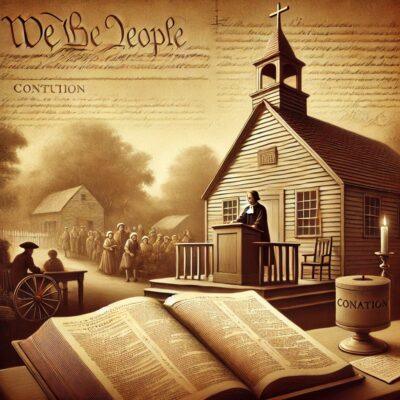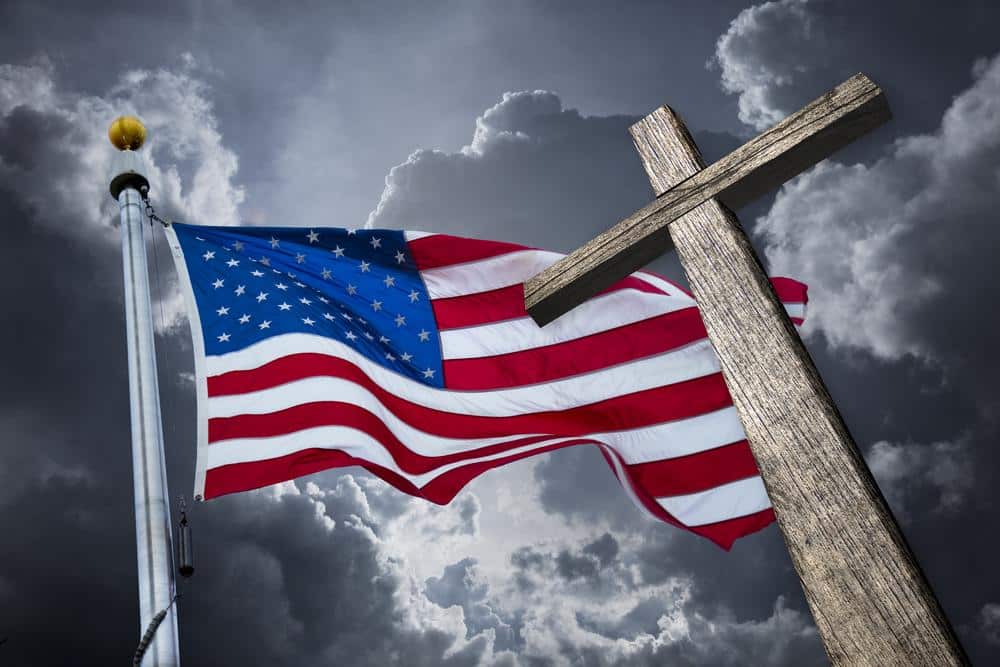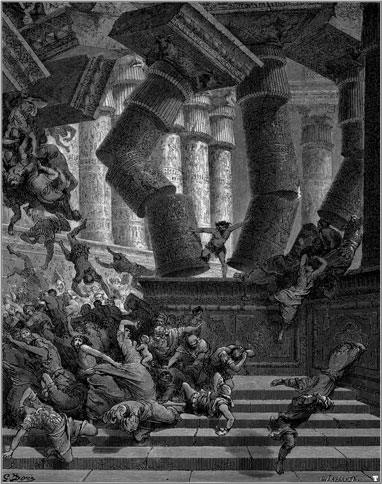America’s religious heritage is very deeply intertwined with its founding. However, much of that history has been obscured by changing cultural narratives. A steadfast commitment to the Christian faith was at the heart of early American life.
This dedication shaped not only personal convictions. But also governance, law, and social welfare systems. By revisiting our origins, we can better understand why Christianity once served as the nation’s guiding principle and how we might reestablish those biblical foundations today.
The Puritan Legacy Beyond New England
It is common to assume that Puritanism shaped only the Northern colonies. Yet by the time of the War of Independence, the movement’s influence had extended southward, particularly into Virginia and New Jersey.
Men like Patrick Henry are remarkable examples of devout Puritan faith among Southern leaders. Henry’s love for Christian literature, his commitment to sharing it, and his belief in the inheritance of Christian faith for future generations were not isolated displays of piety… they were emblematic of a more pervasive Christian worldview that spanned the colonies.
The Faith of Founders
Despite modern claims that prominent figures such as George Washington were either deists or skeptics, historical records reveal a man committed to religious discipline. For a great book that refutes the modernist perspective on Washington, read Dr. Peter Lillback’s Sacred Fire.
Washington refused to receive visitors on the Sabbath, believed fervently in seeking divine favor for his army, and enforced moral standards to such an extent that soldiers who took God’s name in vain were severely punished.
Later narratives often diminish or ignore these devout practices to remove the imprint of Christianity from our nation’s origins. Yet evidence points to an environment where faith and governance were deeply interconnected. Modern public school textbooks do their best to erase this heritage from our kids.
The Self-Government of the Christian Man
For early Americans, “government” did not refer solely to civil institutions. They believed in multiple spheres of governance, beginning with self-government under Christ. The family, the church, schools, and society were other realms of authority, each guided by biblical principles.
Civil government was simply the last layer, focused on courts, police, and defense. Everything else… health, education, and welfare… was managed within Christian communities through voluntary contributions known as tithes. This principle of self-government allowed people to meet societal needs directly, thereby limiting the power and size of civil government.
Tithing as True Government
In the biblical model that heavily influenced the colonies, the only legitimate tax for civil government was a fixed poll tax. All other responsibilities were assumed by God’s tax, the tithe, which supported schools, care for the poor, and community services. Even as urban centers grew, as in Salem, Massachusetts, Christians maintained these services through tithing associations.
Immigrants received housing, language instruction, job training, and spiritual guidance, all funded by congregational giving rather than state programs. Such arrangements were common well into the nineteenth century, offering a glimpse of a society rooted in biblical stewardship and voluntary community support.
Humanistic Centralization and the Erosion of Christian Roots
Over time, a series of legal and cultural shifts weakened this Christian framework. The Civil War, described by some historians as less about slavery and more about enforcing a new centralized humanistic order, represented a turning point. In its wake, federal authority grew, property taxes emerged, and public (state-controlled) schools expanded.
The idea that civil government should take precedence over self-governance gained traction, overshadowing biblical notions of voluntary service and local responsibility. Once considered the law book for American courts, the Bible gradually lost its place as judges turned to statute law born of autonomous human reason.

A Return to Biblical Foundations
Despite these changes, the essence of America’s Christian identity endures. Wherever believers exercise personal faith, family discipleship, and charitable giving, the spirit of our Christian heritage lives on.
From the Republic’s earliest days, the First Amendment ensured churches would remain free to speak prophetically, calling civil leaders to account by God’s standards. Even as modern agencies attempt to regulate religious institutions, the historical precedent of Christian-run welfare, education, and moral stewardship provides hope for a renewal of authentic faith-based governance.
By restoring the practice of tithing and reasserting the principle of self-government as primary, Christians can reclaim a vital role in shaping communities. As in our nation’s formative years, believers who support ministries and charities directly will diminish the state’s monopoly on social welfare.
The result will be more responsible citizens and a clearer reflection of the biblical foundations that once made America distinct. Our history shows that the true power to direct the nation does not ultimately reside in Washington but in the people themselves, guided by their covenant with God.
The bottom line here is that making America great again will require returning to covenantal self-government first and foremost. This “bottom-up” approach is the only way back. Period.
If Christians can devote themselves to that mission… the result will be… as a byproduct… A Christian Nation. Psalm 127:1 says: “A Song of degrees for Solomon. Except the LORD build the house, they labour in vain that build it: except the LORD keep the city, the watchman waketh but in vain.” I’d love to hear anyone in the Trump administration say this out loud. That would give me great hope. For now, I’ll keep praying.










